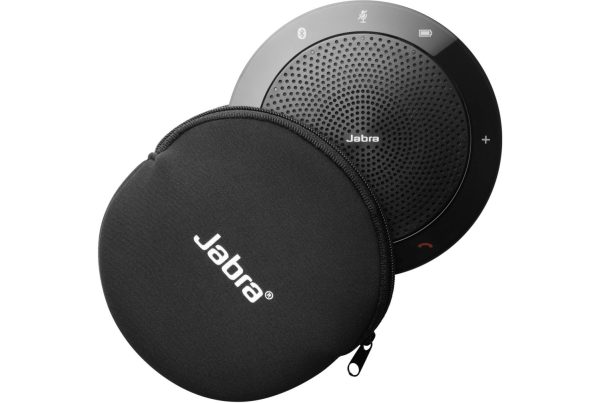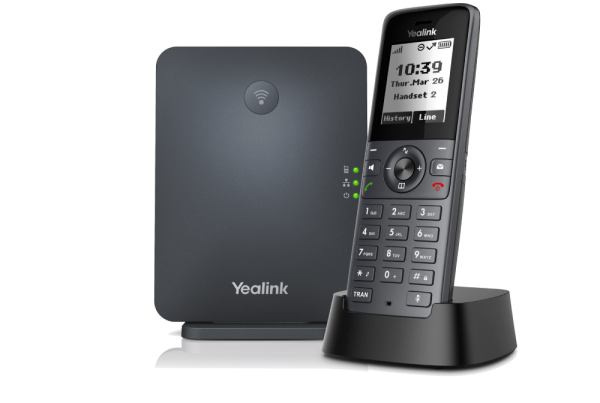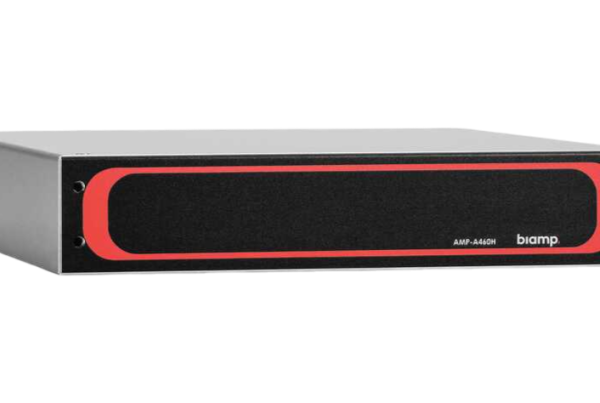Introduction
When the power goes out, it’s more than just a minor inconvenience. Losing access to lights, the internet, or charging your devices can disrupt your day. That’s why having a reliable power backup system is crucial. Many people wonder whether a UPS (Uninterruptible Power Supply) or a Power Bank is the better option for home backup. Both have their advantages and drawbacks, but which one is truly right for your needs? In this article, we’ll dive deep into the differences between a UPS and a Power Bank, comparing factors like efficiency, cost, and use cases to help you decide which one works best for your home backup.
What is a UPS?
A UPS, or Uninterruptible Power Supply, is a device that provides emergency power when the main power source fails. It’s essentially a battery-backed power system that instantly kicks in when there’s a power cut, keeping your devices running without interruption. The primary use of a UPS is to keep essential electronics, like computers, routers, and medical equipment, operational during short power outages.
UPS devices supply power for a limited time, usually a few minutes to an hour, depending on the connected load. Homes and offices commonly use them to ensure uninterrupted power for the smooth functioning of critical equipment.
What is a Power Bank?
A Power Bank is a portable battery that stores electrical energy to charge devices like smartphones, tablets, laptops, and other small electronics. A UPS typically stays in one place and connects to mains power, whereas a power bank is designed for portability and on-the-go charging. Power banks come in various capacities, ranging from small models that can charge a smartphone once, to larger ones capable of charging laptops or multiple devices at once.
The main advantage of a power bank is its portability, making it ideal for people who need a backup power source when traveling or during short outages, especially for smaller devices.
UPS vs Power Bank: Key Differences
Power Supply Capacity
When comparing UPS vs Power Bank, one of the key factors to consider is capacity.
- A UPS provides continuous power to multiple devices, such as computers, routers, and even larger home appliances. It can handle larger power loads and is suitable for running devices that require more wattage.
- A Power bank, on the other hand, typically charges small devices. Its capacity, measured in mAh (milliamp hours), determines how much power it can provide to smartphones and laptops. However, it generally cannot support larger home appliances.
Duration of Backup
- Manufacturers design UPS units to provide power for a few minutes to an hour, depending on the load. The purpose is to give users enough time to either shut down equipment safely or wait for power to return.
- Power Banks, in contrast, are built to charge devices over an extended period. However, their backup time is generally shorter for each device they power. Power banks can be recharged and used repeatedly, but they don’t provide the same sustained power as a UPS.
Cost Efficiency
- UPS systems tend to be more expensive upfront due to their higher power capacity and more complex components. However, they are essential for homes or offices that rely on continuous power for larger equipment.
- Power Banks are more affordable and come in a variety of price ranges. They are an excellent choice for people looking for a budget-friendly option to keep their mobile devices charged during outages.
Can a UPS be Used as a Power Bank?
Many people ask, Can I use a UPS as a power bank? While a UPS and a power bank may seem similar because they both provide backup power, they are designed for different purposes.
- A UPS can provide emergency power for devices like computers, modems, and servers, but it is not portable like a power bank. It’s typically too bulky and heavy to be used for on-the-go charging.
- On the other hand, Power Banks are designed to be portable, lightweight, and compact, specifically for charging mobile devices. So, while a UPS technically offers a form of backup power, it’s not practical for use as a mobile charger.
Which is Better for Home Backup?
Small Electronics vs. Large Devices
If you’re looking for backup power for smaller devices, a Power Bank could be the better choice. Power banks are designed to provide portable power to devices like smartphones, tablets, and even laptops, making them ideal for emergencies when you’re away from home or during brief power outages.
However, if you need to keep larger devices running, like your computer, internet router, or home security system, a UPS is the way to go. It will give you more time to protect your equipment and prevent data loss or other disruptions.
Convenience and Portability
For portability, a Power Bank is clearly the winner. You can easily carry a power bank in your bag or car, making it incredibly convenient for charging devices when you’re out and about.
But if you’re looking for reliable home backup for devices that require longer-term power, a UPS is more suitable. It’s more stationary and typically requires a dedicated spot in your home for installation, but it will provide a steady supply of power for larger electronics.
Advantages and Disadvantages of UPS for Home Use
Advantages:
- Provides continuous power to critical devices during power outages.
- Protects sensitive equipment like computers and routers from power surges or abrupt power cuts.
- Suitable for longer-term outages, giving you time to safely shut down devices or wait for power restoration.
Disadvantages:
- More expensive compared to power banks.
- Requires more space and is not portable.
- Generally heavier and harder to move around.
Advantages and Disadvantages of Power Banks for Home Use
Advantages:
- Portable and easy to carry around.
- More affordable and generally cheaper than UPS systems.
- Great for charging small electronics during short outages.
Disadvantages:
- Can’t handle larger appliances or devices that require more power.
- Backup time is generally shorter compared to a UPS.
- May need to be recharged frequently if used for multiple devices.
Conclusion
So, which is better, UPS vs Power Bank? The answer ultimately depends on your needs. If you’re looking for portable power for your smaller devices during short outages, a Power Bank is a practical and affordable solution. However, if you need a more reliable, long-lasting backup system for home appliances or critical equipment, a UPS is your best bet.
Think of it this way: a UPS is like having a backup generator for your home, ensuring everything keeps running smoothly, while a Power Bank is like a trusty portable charger—ideal for when you’re on the move or dealing with short disruptions.
FAQs
Can a UPS power my home appliances?
Yes, a UPS can power small home appliances like routers, computers, and monitors, but it may not be suitable for larger devices like refrigerators or air conditioners.
How long can a power bank keep devices charged during a blackout?
The backup time depends on the capacity of the power bank and the power consumption of the device. For example, a power bank might charge a smartphone for several hours, but less for larger devices.
Can I use a power bank for my desktop computer?
While you technically can, it’s not recommended due to the high power consumption of a desktop. A UPS is designed for such devices and would be a better choice.
How do I know which UPS to buy for my home?
Choose a UPS with enough capacity (in VA) to handle the total power load of the devices you want to keep running during a power outage.
Are power banks safe to use?
Yes, power banks are generally safe to use, but ensure you buy from reputable brands and follow safety guidelines to avoid overheating or damage.





